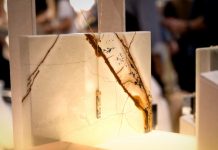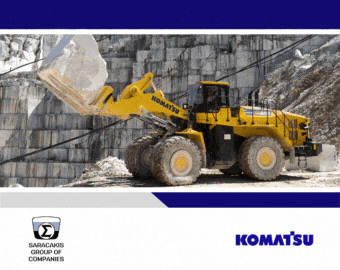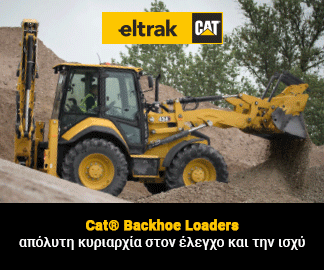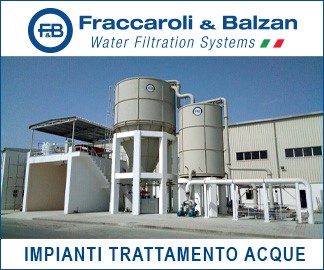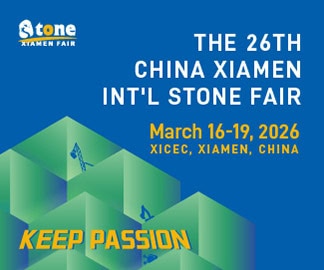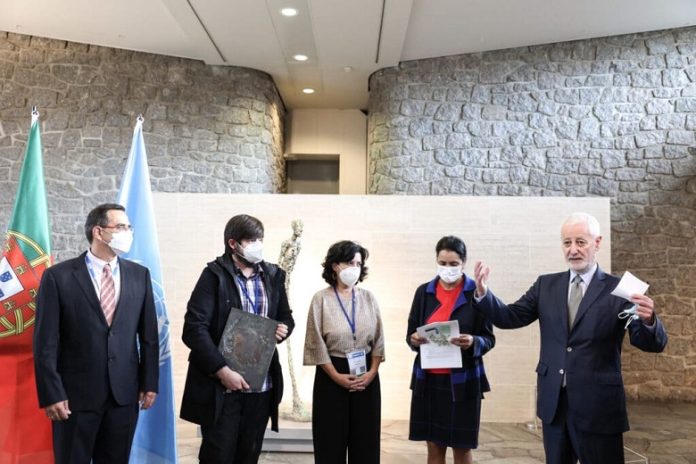
A 460-million-year-old fossil has been donated to UNESCO in a ceremony that celebrated the owner of the quarry in which it was found and the Arouca UNESCO Global Geopark.
Valério Quarry – named after the Portuguese family who owns it – was first opened in 1820 to provide high quality slate for roofing and wall tiling around the world.
After the quarry was mothballed for an unclear period of time, Manuel Valério reopened it in the late 1980s and became fascinated with the trilobite (meaning, three lobes) fossils to adorn some of the quarry’s layers.
A UNESCO release recounted the events of the ceremony:
“The ceremony was an opportunity to pay homage to Manuel Valério, who was the inspiration behind the Arouca UNESCO Global Geopark.
“His son, Manuel Figueiredo, brought the fossil to the ceremony and shared touching anecdotes of his father’s scientific curiosity and desire to pass on this heritage to the next generations, driving him to protect these fossils, despite the fact that their excavation and study slowed down the works in the quarry.”
The donated fossil is now exhibited at UNESCO’s headquarters in Paris, France.
The Arouca Global Geopark is in northern Portugal and recognises the 41 significant geosites across its 327 square kilometres.
Rocky outcrops at Arouca can be dated back to the existence of the Earth’s supercontinent Gondwana, about 520 to 420 million years ago.
“Geoparks are not just about the protection of the geological heritage, they are above all about people and how we connect with our landscapes,” president of the Global Geoparks Network Nickolas Zouros said.
The UNESCO ceremony was attended by António Nóvoa, the ambassador and permanent delegate of Portugal to UNESCO, and two representatives from Arouca: Arouca mayor Margarida Belém, and Manuel Figueiredo.
They presented the fossil to Shamila Nair-Bedouelle, UNESCO’s assistant director-general for natural sciences.
Source: www.quarrymagazine.com








